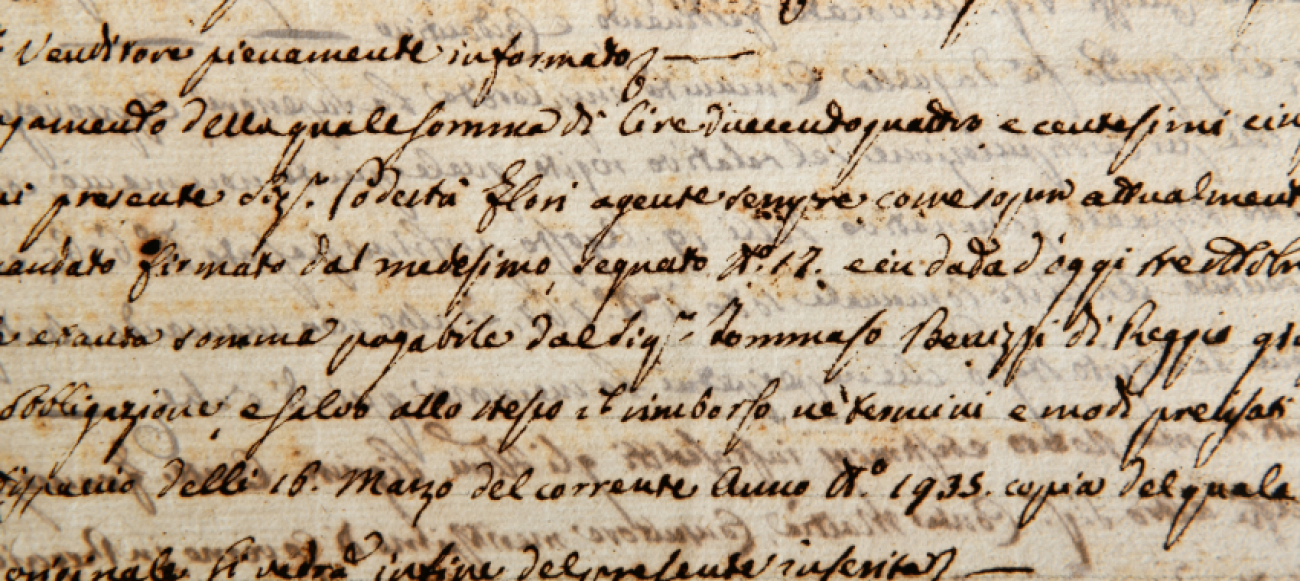
Date: January 15, 1994
Author: Valentina Krčmar, Director, Bedem Ljubavi – Mothers for Peace
Addressed to: Letters to the Editor, The Globe and Mail
View the Original Letter: krcmar book 3_Part4_Part109.pdf
About This Letter
In this brief but chilling letter written to The Globe and Mail in 1994, Valentina Krčmar, signing as Director of Mothers for Peace, responds to journalist Louis Gentile’s article “The Quiet Town Where Terror Lurks.” Her message — concise yet devastating — underscores the horrifying scope of ethnic cleansing and human rights abuses occurring in and around Banja Luka, a region in northern Bosnia that had become synonymous with Serbian atrocities during the war.
Krčmar begins by confirming the grim accuracy of Gentile’s reporting:
“Your article The Quiet Town Where Terror Lurks only confirms what we have heard last summer from the UNHCR representative for Bosnia in Zagreb — namely, that the worst human rights abuses and the worst crimes against humanity, in all of Bosnia, occur in the area of Banja Luka.”
Her tone is calm but carries deep moral weight. As she often did, Krčmar transforms outrage into clarity, framing the truth not as opinion but as evidence — evidence the world refuses to confront.
She then turns her focus inward, condemning the Canadian Immigration and Refugee Board (IRB) for its bureaucratic blindness to this suffering. Her example is specific, personal, and haunting:
“Regretfully, this news has not yet reached our Immigration and Refugee Board. Just recently, it declared a non-Serbian woman from the area described in your article not to be a Convention refugee.”
With those two sentences, Krčmar exposes a profound contradiction: while journalists and humanitarian agencies documented atrocities, Canada — a nation that prided itself on compassion — denied asylum to those fleeing the same horrors.
Her letter closes without anger, only sorrow and moral incredulity. By juxtaposing verified atrocity reports with bureaucratic indifference, Krčmar delivers a quiet but searing indictment of both international hypocrisy and domestic failure.
This letter stands as one of her most succinct yet powerful appeals — a testament to her unrelenting advocacy for truth, compassion, and accountability in the face of political apathy.




